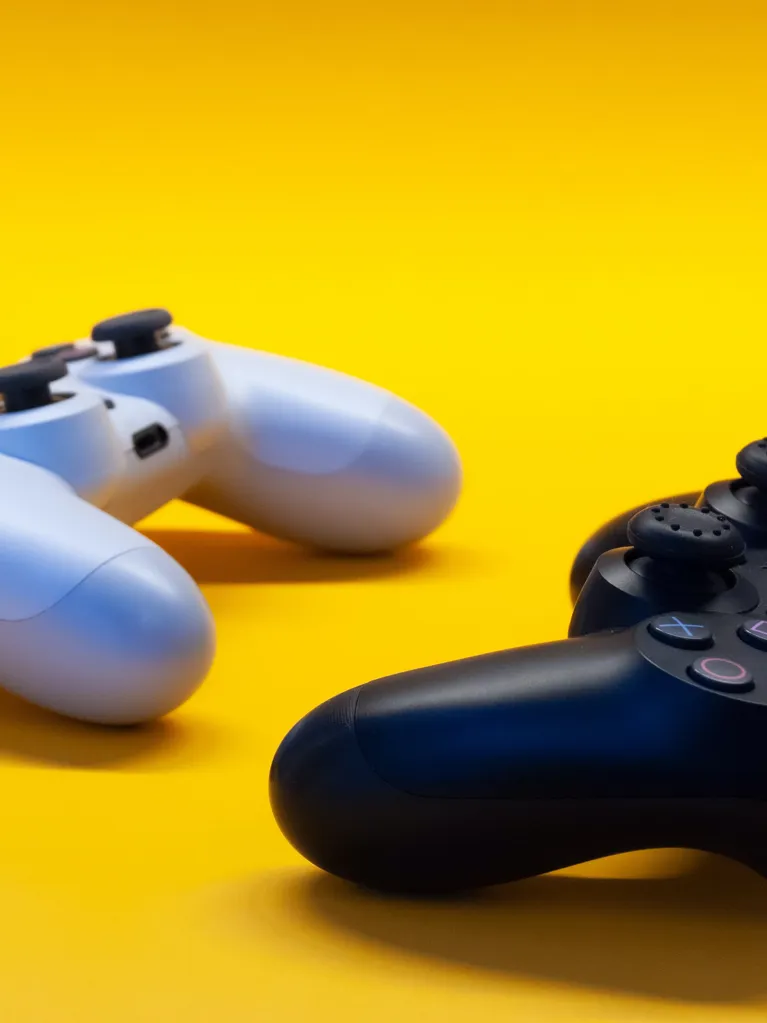Creating your first ever game can be a daunting, yet exciting experience. There is a lot to think about in a long process of design and development, so we’ve put together some tips to make it a (hopefully) smoother experience.
Firstly, Play Games!
As a gamer yourself, you will be more aware of what works and what doesn’t, which can really help in the long run. If you know what sort of game you want to design; the genre, platform (desktop is typically easiest when starting out), then play games similar to that. Get an idea of what you do and don’t like and how you want your game to differ to help narrow down the specifics of your game.
Don’t be afraid of paper
I know technology is the winner in this day and age, but using paper is a great way to get all your ideas down without limiting your creativity. You can draw terrible sketches that grow into something great and can look back on your original aims during the process. In addition, “paper prototyping’, where you create a mock-up of your game with simple paper cutouts, is a quick and easy way to visualise and test your concept.
Be Patient
A game like GTA or COD takes hundreds of people and can take years to design and create. It is hard work and you need to be patient. Your game may not be as big as these top sellers, but it will still take time. Set yourself a realistic goal and stick to it. Simple puzzle games and side-scrollers are great starting points for new developers. Learn by making smaller, simple games first - you'll then have the knowledge and capacity to attempt more ambitious projects.
Want to study Game Design at JMC?
Understand the importance of audio
Make sure you pick a track that fits. A music track can change the tone and pace of the whole game, and audio effects are vital in creating an engaging game world, so don’t leave it as an afterthought. Websites like Freesound.org have tons of open-source sounds that you can use, but if you can, try to get a track specifically designed for your game.
If creating your game while here at JMC Academy, you'll be lucky enough to have a music performance, songwriting and audio engineering students right on the same campus with tonnes of budding creatives who want to practice and get their work out there. Don’t forget to credit everyone in your game though.
Get the proper education
Speak to professionals. Learn the ins and outs of each process. The best thing about studying Game Design is that you can use that time to make mistakes, have people help you through each step and have creative support along the way. You can learn the basics and develop your skills and knowledge on all the professional tools including Unity, Maya and Photoshop. Use this time to be creative, try new things and think outside of the box.
Test. Test. Test
As much as it pains us to say this, keep testing. The importance of this is twofold; testing helps find bugs in your game, but it also ensures that your game plays the way you intended. The worst thing you can do is get to the ‘end’ of your project and then find that other players don’t engage with the game in the way you intended. . Test it yourself for bugs, but also get your friends to test it. Ask your lecturers to test it. Set up testing sessions for anyone willing to try your game, and study how they play and react to it. You will likely need to make many minor adjustments to refine the gameplay, which will then require further testing sessions. It can be really exciting seeing people play your game, and this way, you can be confident that the game is as enjoyable to others as it is to you as you make it.
Don’t lose track of your original concept
When creating any big project like a game, you can often get lost in the process. Thing back to the beginning – what was your main aim and are you reaching it? This is why it is good to write down your aims at the start and make note of where you want the game to go. A game design document is a useful thing to create, clearly explaining your game concept in detail. And as you’re developing your game, be careful of “feature creep”; strive to stick to your original concept, rather than adding additional features. Extra functionality will typically just make your project more difficult to complete; design all of the gameplay features early on, and stick to that concept.
Write down your mistakes
Each game creation can be a learning curve for you, so make sure you make note of your mistakes so you can avoid them next time. Whether it’s to be more organised from the start, or to have a better idea of the end goal at the beginning, remember where you could improve.
Best of Luck with your Game!
Check out what you can expect from our Animation and Game Design Course with Sydney HOD Sean Callinan





